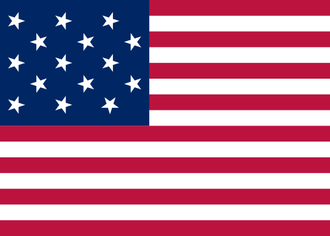 Star Spangled Banner Flag (15 Stars and Stripes)
Star Spangled Banner Flag (15 Stars and Stripes) Whiskey 220 ~ October 1794, Part 2 of 3
The Whiskey Rebellion 1791-94: Western Pennsylvania
Hypnotic Misnomers
Yes, Hypnotic Misnomers. It might just be all these whiskey thoughts I’ve been having, though there does seem to be something to it, to this idea of Hypnotic Misnomers. These are things in our politics that lull our thoughts … even when the evidence says otherwise.
What evidence for what misnomer? Perhaps a double-shot from President Washington’s Diaries to illustrate (and correct) two misnomers: one academic and one All-American.
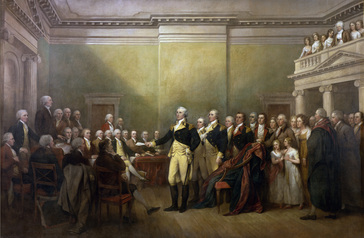 George Washington Resigning His Commission (1783)
George Washington Resigning His Commission (1783) Evidence. While in Carlisle, President Washington writes of working with the Troops … or rather catches himself almost being General George once again:
“6th to the 12th. Employed in Organizing the several detachments, which had come in from different Counties of this State, in a very disjointed & loose manner; or rather I ought to have said in urging and assisting Genl. Mifflin to do it; as I no otherwise took command of the Troops than to press them forward, and to provide them with necessaries for their March, as well, & as far, as our means would admit.”
President Washington was almost acting like the old general … and noted in his own words he wasn’t in command of the Troops. He was working as President in the role of Commander-in-Chief; helping as he could, though not exercising battlefield authority.
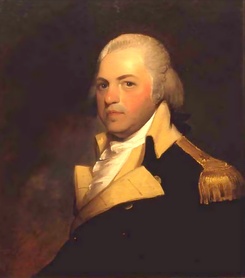 All-American Henry Lee III
All-American Henry Lee III Evidence. 19 October 1794, President Washington writes of his ride to Bedford with our All-American candidate, General Henry Lee III:
“19th. In company with Genl. Lee, who I requested to attend me, that all the arrangements necessary for the Army’s crossing the Mountns. in two columns might be made; Their routs, & days Marches fixed, that the whole might move in Unison – and accompanied by the Adjutant General and my own family we set out, abt. eight oclock, for Bedford, and making one halt at the distance of 12 Miles, reached it a little after 4 oclock in the afternoon being met a little out of the Encampment by Govr. Mifflin – Govr. Howell - & several other Officers of distinction.”
President Washington and his family spend the day driving to Bedford with General Lee. President and General discuss the plans for the March so that “the whole might move in Unison.” Once again, that isn’t General Washington ~ it’s President Washington (and his family).
It’s also quite a day for Henry Lee III; Washington picked him to lead the Army ~ trusted him ~ and that’s an All-American honor.
Hypnotic Misnomers: don’t be lulled.
~ Next Whiskey220: the October mini-series concludes Thursday, 23 October, with Representative Findley Distills We the People.
Posted by Bryan W. Brickner
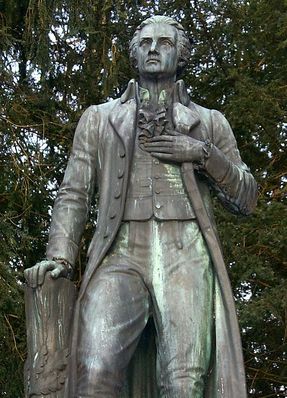
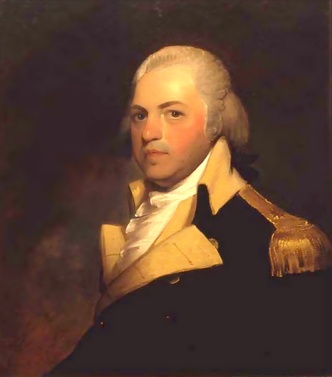




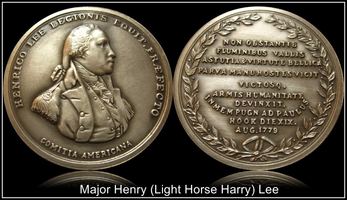
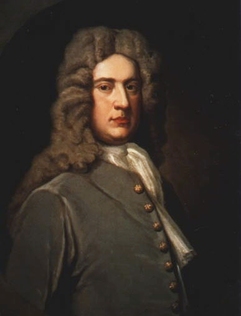
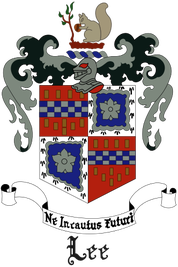
 RSS Feed
RSS Feed
